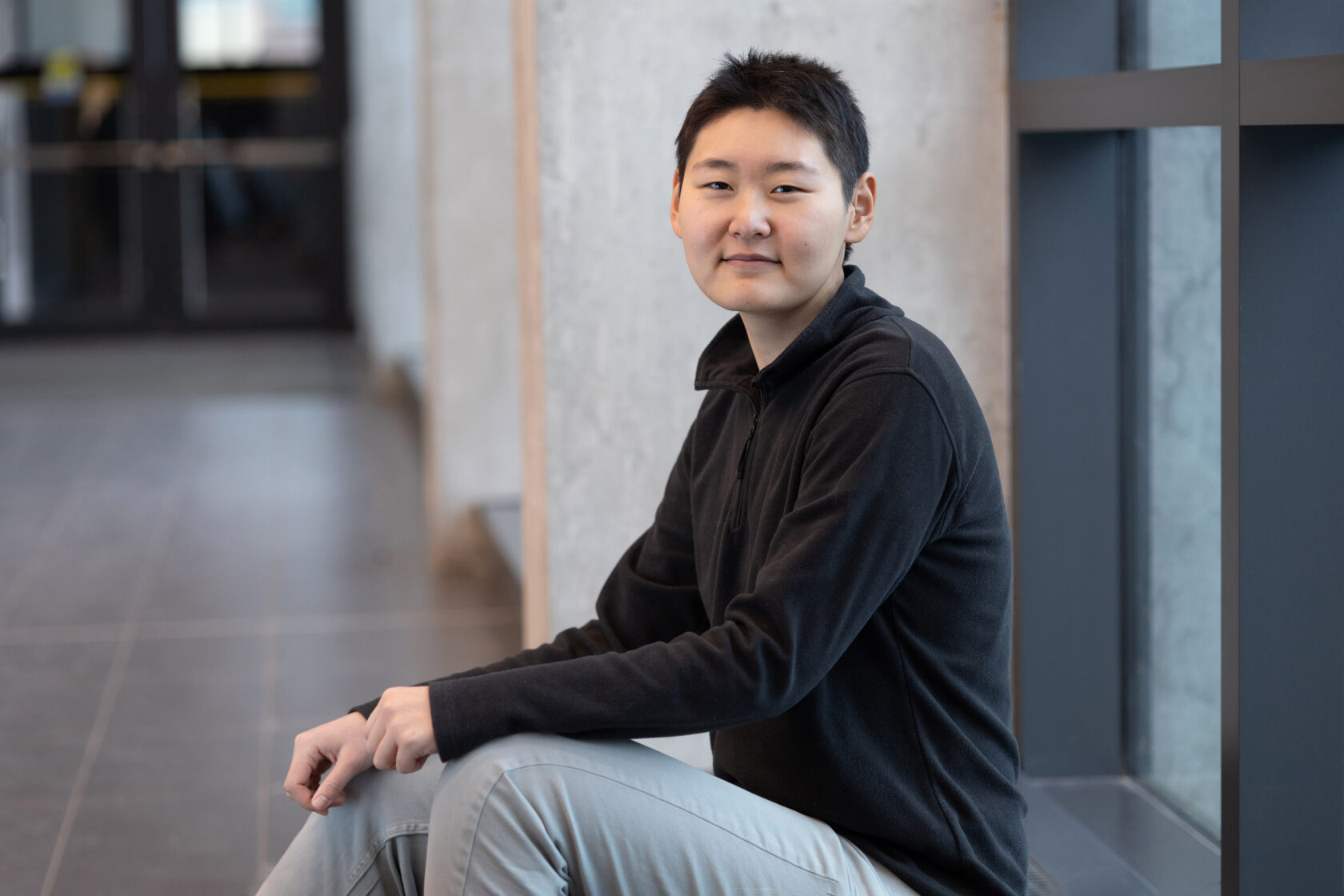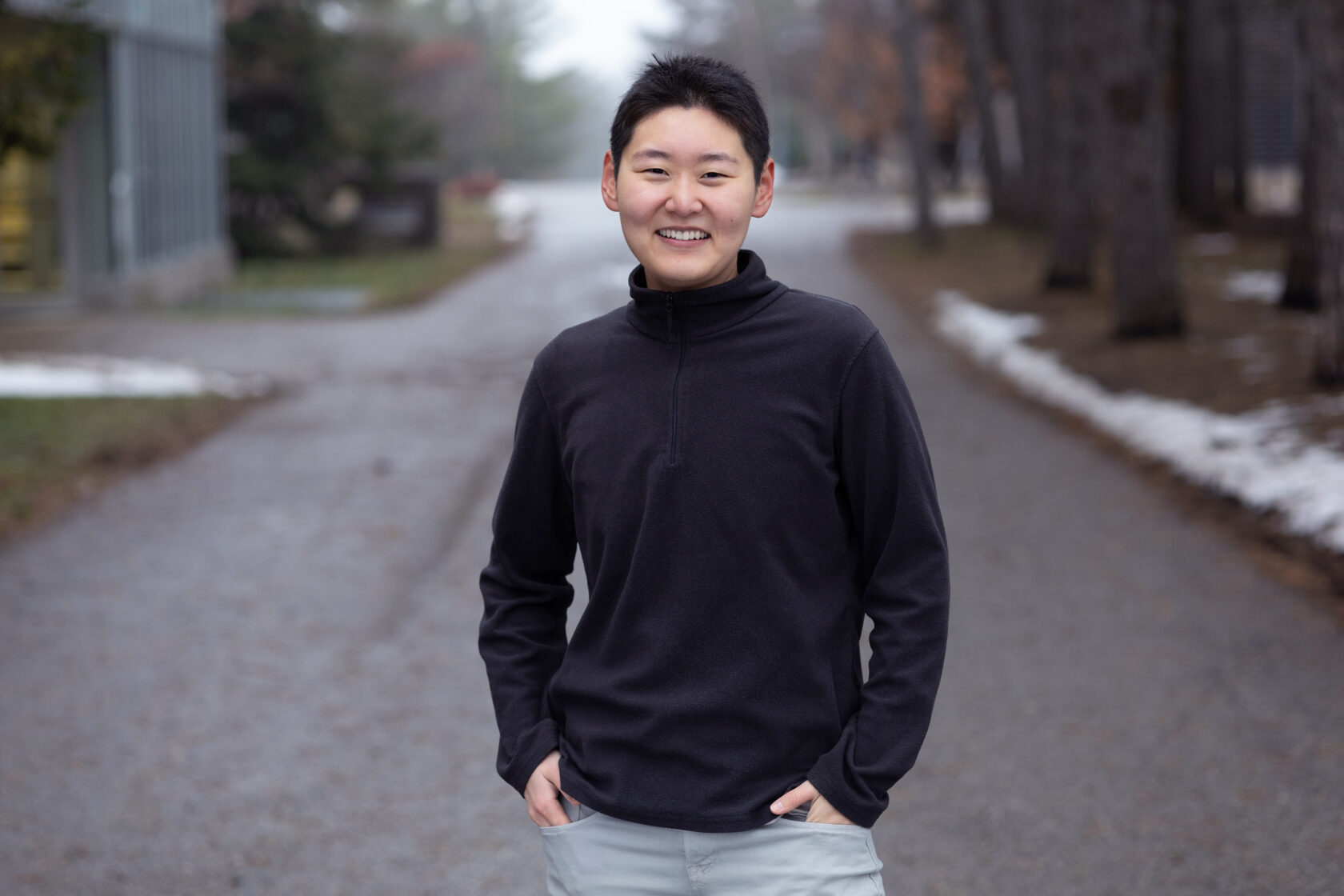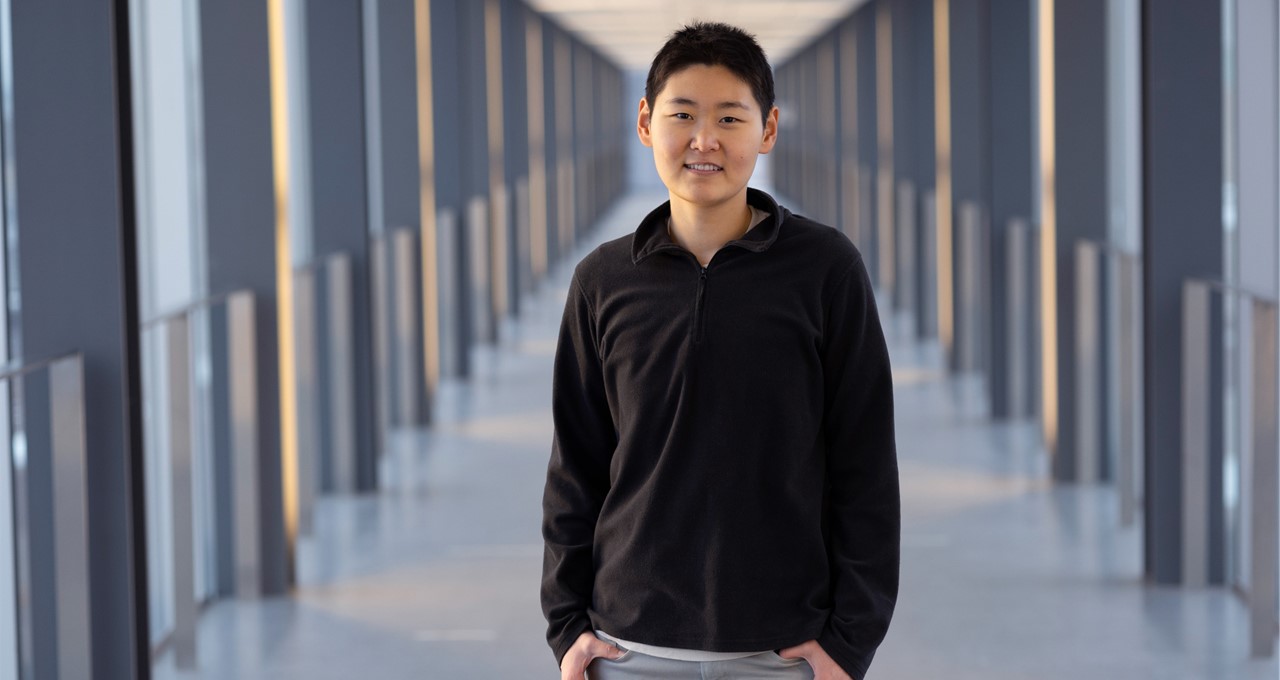Maggie Zhang has never met a system they didn’t like.
Whether it’s designing test automation systems for NVIDIA NIM microservices or researching how city infrastructure works in their free time, Zhang is fascinated by complex systems and how they can be used to efficiently solve the world’s greatest challenges.
Zhang and the NIM factory team maintain tools that facilitate the compliance, performance and accuracy of NIM microservices, which are designed to enable the secure, reliable deployment of high-performance AI model inferencing across data centers, workstations and the cloud. The team has introduced a standard to measure NIM microservice performance that makes the evaluation process more scalable and efficient.
“I don’t consider myself a specialist in one software type or product. As a systems engineer, I love working with different pieces of the puzzle and figuring out how they fit together,” said Zhang, whose role as a technical lead requires them to collaborate with teams across the company, from hardware to software, while leading a team of engineers responsible for factory platform development.

Zhang first joined NVIDIA as an intern in the summer of 2020, during the early stages of the COVID-19 pandemic. They were inspired by the way that NVIDIA quickly pivoted to offer remote internships, aiming to give interns the best possible experience in spite of the circumstances.
“I knew from then on that there was something special about this company,” Zhang said. “First and foremost, NVIDIA cares about us as human beings, not just the work we do.”
After spending their first summer with the hardware infrastructure team as a software tools architecture intern, Zhang returned for a second internship with the NVIDIA Clara team, working on an open-source tool that helped measure resource utilization of AI solutions for the healthcare industry.
Following their graduation from the University of Waterloo with a bachelor’s degree in biomedical engineering, Zhang joined NVIDIA full time in 2022 as part of the NVIDIA Holoscan team, working remotely from Waterloo, Canada.

Zhang and their team in 2023 partnered with the NVIDIA BioNeMo team and biopharmaceutical company Recursion to help launch the open-source Phenom-Beta model, which is used to embed cellular microscopy images and provide researchers with insights about cell function to aid drug discovery. The project and its positive impact on biomedical research made it some of Zhang’s proudest work at NVIDIA.
Ever passionate about systems, Zhang views cross-team collaboration as a powerful engine for success. One of their favorite parts about working at NVIDIA is how open and collaborative the culture is.
“Together, we need to systematically understand how teams work together, and why one team’s piece of the puzzle is critical to the bigger picture,” Zhang said. “When people understand the ‘why,’ we can accomplish anything together — it’s one of the things that makes NVIDIA so special.”
Follow @nvidialife on Instagram and learn more about NVIDIA life, culture and careers.
